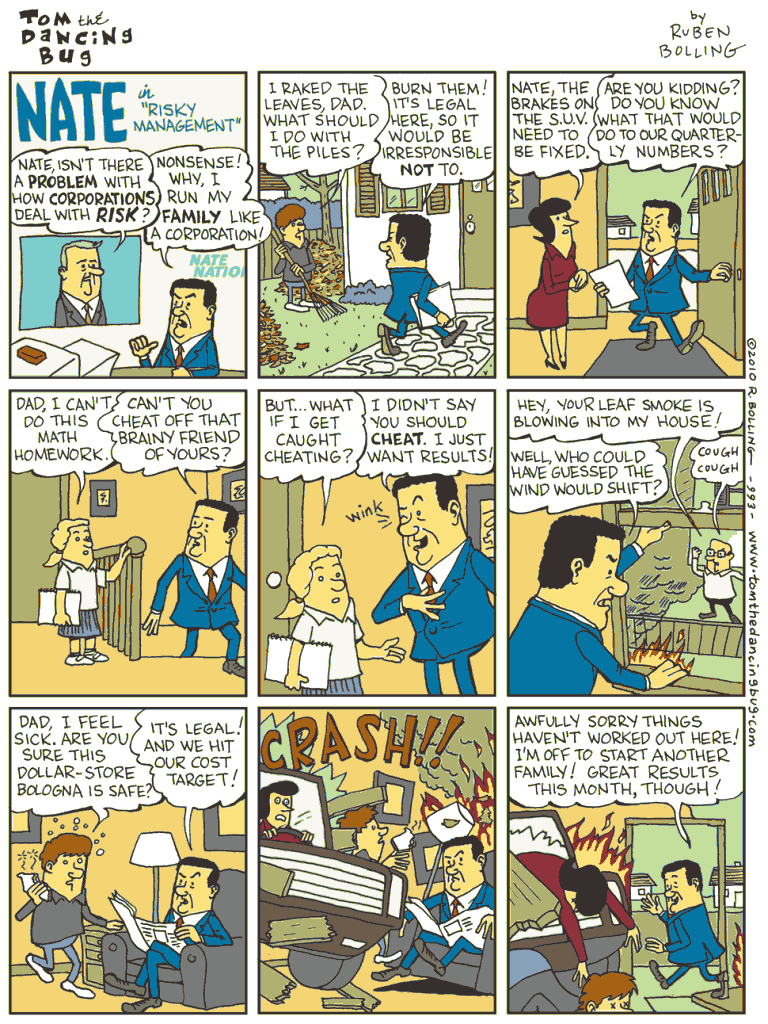
AGADIR, Morocco – Sperm whales feeding even in the most remote reaches of Earth's oceans have built up stunningly high levels of toxic and heavy metals, according to American scientists who say the findings spell danger not only for marine life but for the millions of humans who depend on seafood.
A report released Thursday noted high levels of cadmium, aluminum, chromium, lead, silver, mercury and titanium in tissue samples taken by dart gun from nearly 1,000 whales over five years. From polar areas to equatorial waters, the whales ingested pollutants that may have been produced by humans thousands of miles away, the researchers said.
"These contaminants, I think, are threatening the human food supply. They certainly are threatening the whales and the other animals that live in the ocean," said biologist Roger Payne, founder and president of Ocean Alliance, the research and conservation group that produced the report.
The researchers found mercury as high as 16 parts per million in the whales. Fish high in mercury such as shark and swordfish — the types health experts warn children and pregnant women to avoid — typically have levels of about 1 part per million.
The whales studied averaged 2.4 parts of mercury per million, but the report's authors said their internal organs probably had much higher levels than the skin samples contained.
"The entire ocean life is just loaded with a series of contaminants, most of which have been released by human beings," Payne said in an interview on the sidelines of the International Whaling Commission's annual meeting.
Payne said sperm whales, which occupy the top of the food chain, absorb the contaminants and pass them on to the next generation when a female nurses her calf. "What she's actually doing is dumping her lifetime accumulation of that fat-soluble stuff into her baby," he said, and each generation passes on more to the next.
Ultimately, he said, the contaminants could jeopardize seafood, a primary source of animal protein for 1 billion people.
"You could make a fairly tight argument to say that it is the single greatest health threat that has ever faced the human species.










 by Morgan Fox
by Morgan Fox
 by Mike Adams
by Mike Adams (The United Nations' World Health Organization (WHO) is pushing hard to impose global consumer taxes to help fund its various programs, including a new proposal that would tax the internet in order to pay for vaccines and other pharmaceutical medicines for third-world countries. Yes, you read that right - WHO wants every person in the world to help pay for drugs that make Big Pharma even richer.
(The United Nations' World Health Organization (WHO) is pushing hard to impose global consumer taxes to help fund its various programs, including a new proposal that would tax the internet in order to pay for vaccines and other pharmaceutical medicines for third-world countries. Yes, you read that right - WHO wants every person in the world to help pay for drugs that make Big Pharma even richer. This guy has to be a winner in the "do as I say, not as I do" contest. David Jungerman of Raytown, Missouri posted a large sign on a semi-truck along a major highway. The sign reads:
This guy has to be a winner in the "do as I say, not as I do" contest. David Jungerman of Raytown, Missouri posted a large sign on a semi-truck along a major highway. The sign reads:

